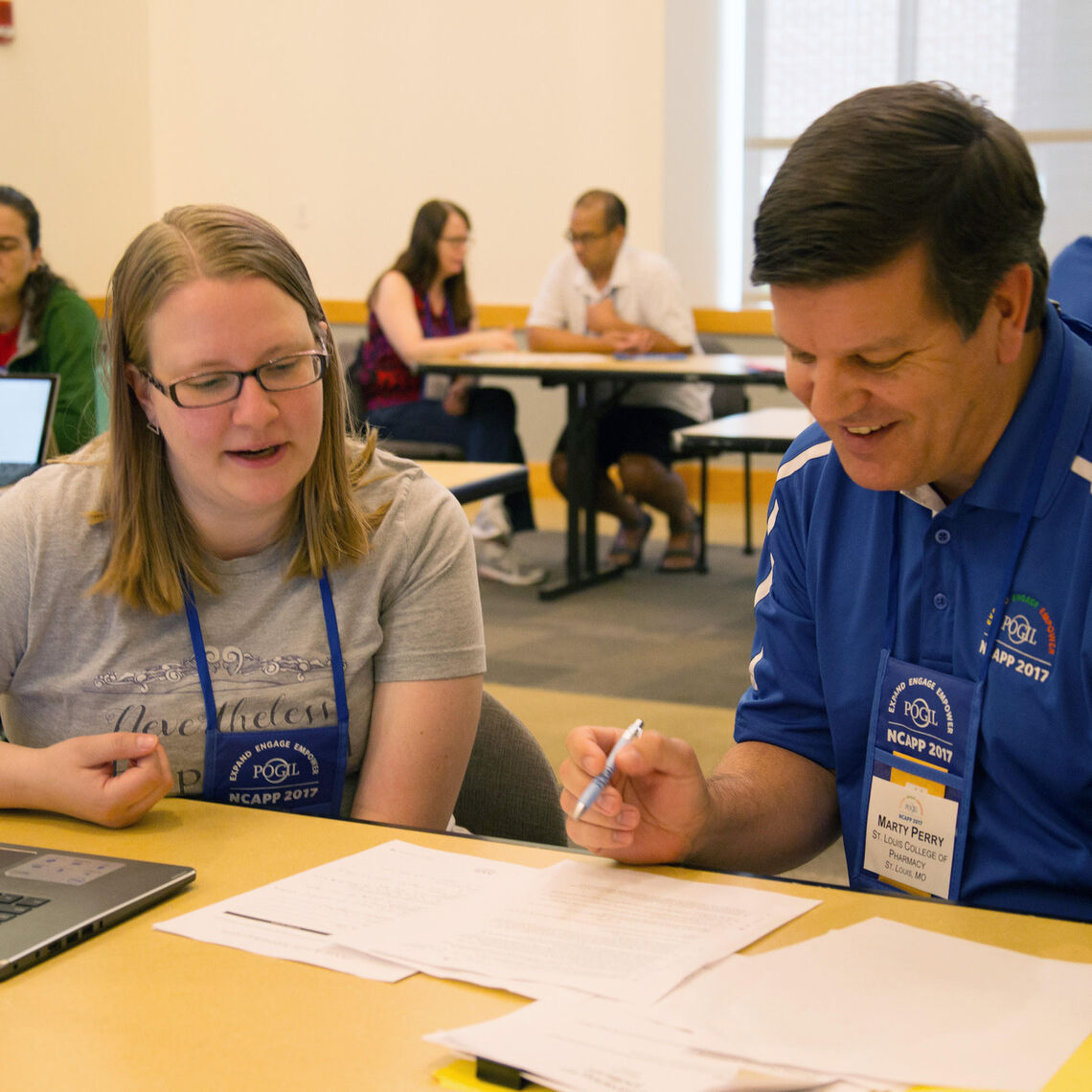With the recent passing of Larry King, friends, interviewees, and news organizations reflected on his legendary career in journalism and his passion for connecting with people.
As an advocate of active listening, King was quoted as saying, “I never learned anything while I was talking.” King’s profound words should also ring true for educators. If we want to identify and fix our students’ misconceptions and help them to achieve independence as learners, we need to spend more time listening and less time talking.
In traditional educational models, “teaching by telling” has been the predominant mode of instruction. This harkens back to medieval times, when instructors were the only source of knowledge—they read from the books they possessed while students did their best to copy or absorb the information provided. Sadly, this medieval practice has now been reinforced by digital slideshows or online video delivery of content. These oft-practiced forms of information dissemination assume that knowledge is transferred completely intact from the mind of the instructor to the mind of the learner. The research evidence on learning and cognition to the contrary is overwhelming, but too often brushed aside in favor of maintaining the status quo or requirements to cover the mandated curriculum.
Newer pedagogical models such as Process Oriented Guided Inquiry Learning (POGIL, www.pogil.org) that actively engage students in the learning process through collaborative teamwork and that make use of guided-inquiry materials are exemplars of evidence-based practices. In these models, instructors serve as a facilitator or guide, rather than as a sage on the stage. They actively listen, identify misconceptions, redirect, and promote positive interdependence. As students effectively learn content in these environments, they also develop skills valuable for lifelong learning. College admission committees and future employers routinely identify the most important student attributes as the ability to effectively communicate (oral and written), think critically, solve complex problems, collaborate with a team, process new information, and manage time and resources. Students in POGIL and other active learning settings intentionally work on the development of these skills every day in the classroom. The documented gains in content knowledge and skill development using these approaches illustrate the pressing need for continued and thoughtful change in our educational system.
I believe the one thing that has always been effective and should remain constant is the ability of a teacher to make connections with their students. As King demonstrated in every interview he conducted, we too, must continue to “lean in across the table” to see and hear our students. Teachers must show interest in them as individuals, not just learners in the classroom. If we do, we will discover what drives them as well as what hinders them. The more relational and human these interactions are, the more likely students will be encouraged to achieve their fullest potential, making deep connections with knowledge and to other people that will last a lifetime.
— Marty Perry, Mount St. Mary's Academy

Making Connections with Students
Friday April 4th, 2021